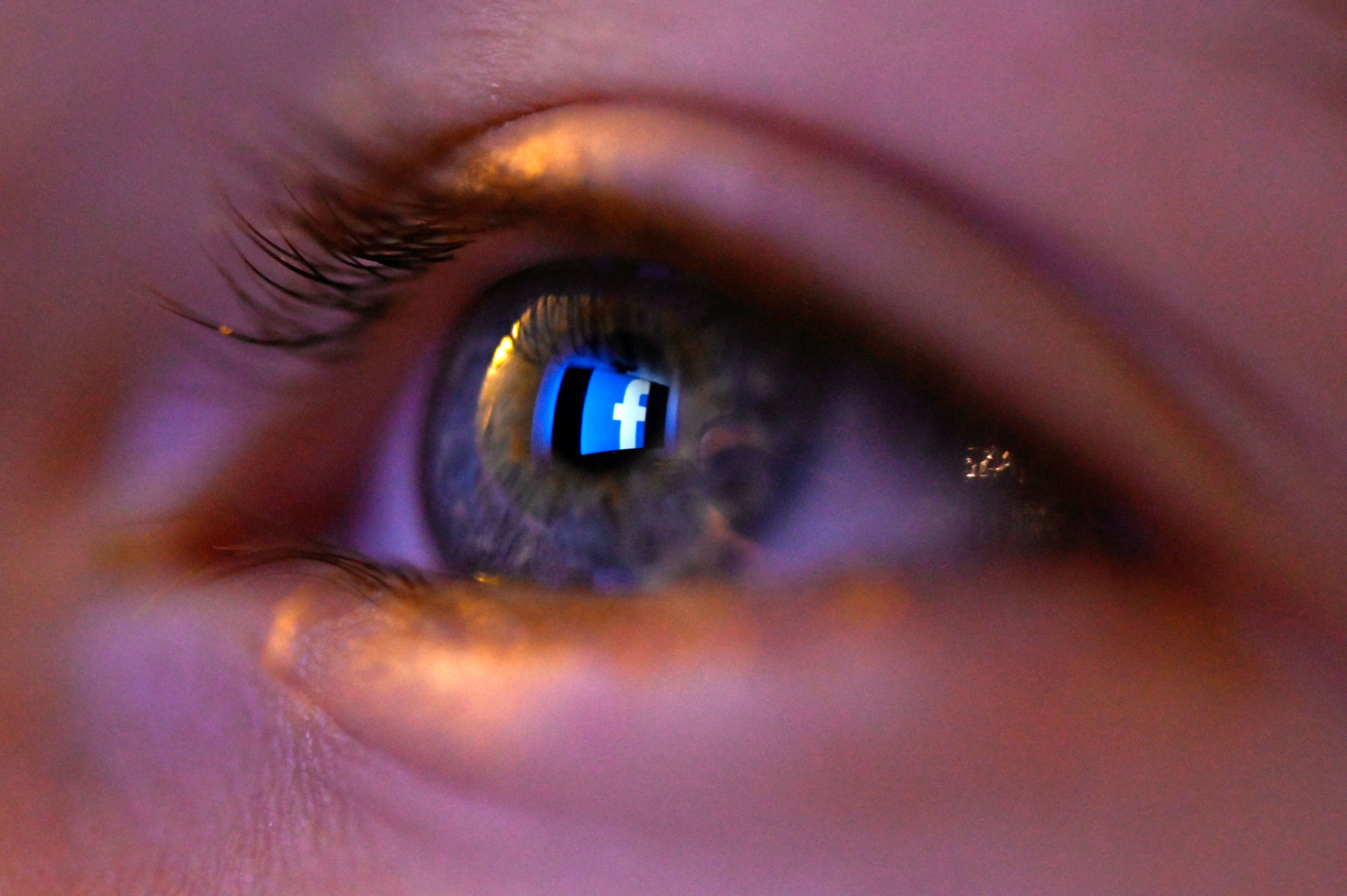Facebook took steps Thursday to reduce the role of state-backed media outlets from Russia and China on its global platform amid controversy over how the social networking giant handled recent posts from Donald Trump.
The company has faced a backlash from its employees for not adding warning labels to comments from the U.S. president linked to the ongoing violence across the country.
The tech giant said that it would now add labels to the Facebook pages of Russia Today, Sputnik, Xinhua News and the Peoples Daily, among others, warning people that these were state-controlled outlets. Other government-funded publishers that are run independently, such as the British Broadcasting Corporation, would not be included in the labeling, according to the company.
Nathaniel Gleicher, Facebooks head of cybersecurity policy, told POLITICO that further labels would be added to all ads bought on the global platform by these organizations, as well to their nonpaid posts viewed in the United States from each outlets Facebook pages.
From later this summer, Facebook would also stop state-controlled media organizations from Russia, China and elsewhere from buying ads in the U.S. ahead of Novembers presidential election. The company would not provide a date for when it would start banning these paid-for messages, though these outlets have bought few ads targeting the U.S., according to a review of Facebooks transparency tools.
“From what has happened in the last two weeks, that is a departure from what the Facebook chief executive has been saying” — Graham Brookie, director of the Digital Forensics Research Laboratory
“If we see any of these entities engaging in deceptive behavior, we will take them down,” said Gleicher, who admitted he had yet to find such activity aimed at undermining the upcoming U.S. vote. “People must understand who is behind the arguments that they are seeing.”
The move is unlikely to quell criticism of how Facebook has handled recent posts from the U.S. president, which many people argued were fomenting violence against protestors who had taken to the streets in anger at the death of George Floyd in the custody of U.S. law enforcement.
Twitter, its smaller social networking rival, posted warning labels to a number of Trumps tweets which the company said were “glorifying violence.” But Mark Zuckerberg, Facebooks chief executive, refused to take similar action, and has repeatedly defended himself by claiming that it was not the responsibility of his company to police political speech.
State-controlled media
By taking aim at state-controlled media outlets — the organizations that will have warning labels added to their Facebook pages include ones from Russia, China, North Korea and Iran — the company is trying to dampen the role they can play in pushing potentially false information to Facebooks 2.2 billion users worldwide.
In recent days, the likes of Russia Today, Chinas Xinhua News and Irans PressTV have all run articles and videos of the U.S. protests to their millions of online followers on Facebook, though these organizations have not yet pushed outright falsities on the network. Still, European and U.S. officials have repeatedly warned these government-controlled outlets, particularly those backed by the Kremlin, have pushed narratives aimed at undermining Western democracies.
Last year, for instance, Facebook removed more than 350 pages which had portrayed themselves as independent media organizations, but were linked to employees of Sputnik, the Kremlin-backed outlet. These deleted pages had pushed messages critical of the North Atlantic Treaty Organization — a regular target for Russian media.
“Theyre labeling something,” said Graham Brookie, director of The Atlantic Councils Digital Forensics Research Laboratory, who tracks misinformation and was consulted about Facebooks new approach to state-backed outlets. “From what has happened in the last two weeks, that is a departure from what the Facebook chief executive has been saying.”
When asked why Facebook would allow these organizations to use its network if there were concerns about deceptive behavior, Gleicher, the Facebook executive, said it was not the companys role to ban these outlets, but to provide greater transparency on who was behind them.
A warning label will be added to any post from these outlets Facebook pages that is shared by individuals across the network. But a label will not be added to similar articles or videos that people add directly to their own Facebook pages. State-controlled media outlets can appeal to have these labels removed.
“This is about actors identRead More – Source
[contf] [contfnew] 
politico
[contfnewc] [contfnewc]























































